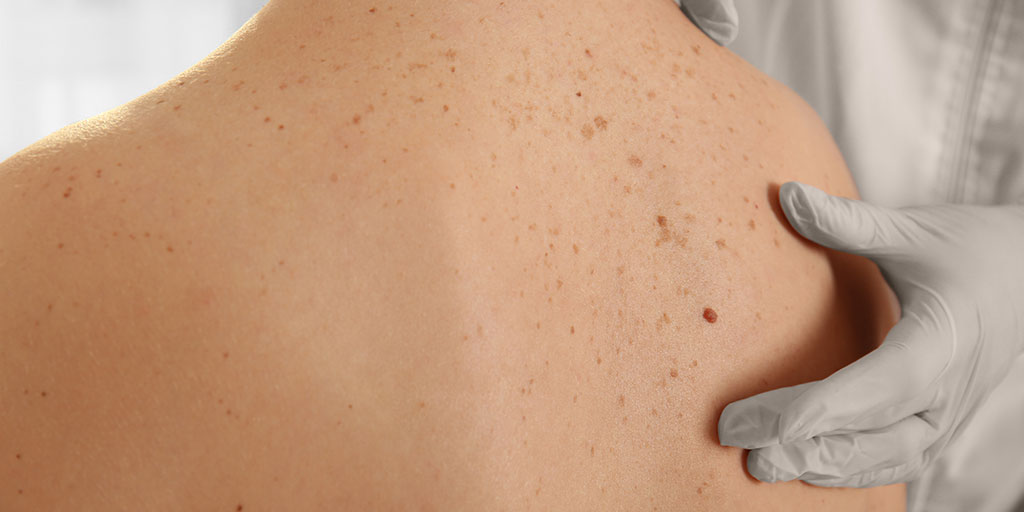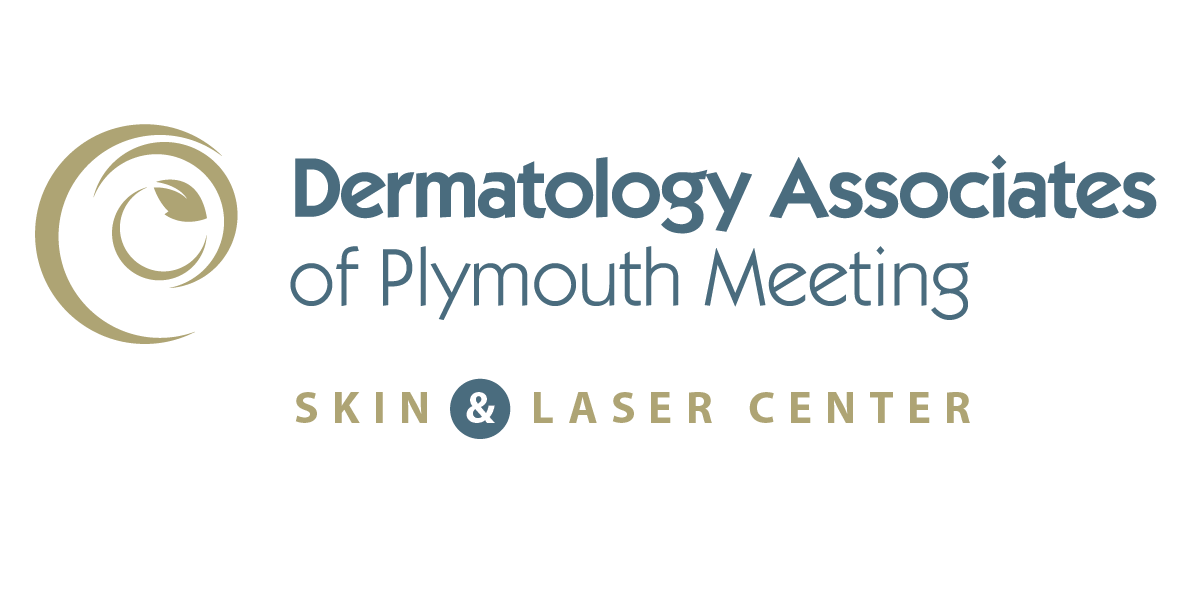Light Therapy for Sun Damaged Skin

Patients who have spent years being overexposed to sunlight are likely to develop unhealthy, sun-damaged skin. At Dermatology Associates of Plymouth Meeting, we see patients every day who experience sunspots, premature wrinkles, actinic keratoses and other skin abnormalities that are caused by excessive exposure to the sun. Fortunately, certain types of sun damage can be reversed and, in many cases, non-invasive light therapy for sun-damaged skin can be beneficial.
Does My Sun Damaged Skin Need Treatment?
Sun damage in the form of sunspots and wrinkles may be bothersome for patients from an aesthetic viewpoint. However, cases such as actinic keratoses may pose legitimate health concerns that should be investigated by a board-certified dermatologist. Although actinic keratoses are usually symptomless and rarely become cancerous, they should be professionally examined to rule out skin cancer. Dermatology Associates of Plymouth Meeting is ideally suited to treat any type of sun damage, whether it is an abnormal growth, troublesome signs of aging or deadly skin cancer.
How to Identify Actinic Keratosis
Actinic keratoses typically present as rough, scaly patches of skin that are usually less than an inch in diameter. They can appear wartlike or as a slightly raised bump on the top layer of skin. Since actinic keratosis can be itchy with variations in color, it is often mistaken for other skin conditions. For this reason, it is important that actinic keratosis is confirmed either by your board-certified dermatologist or a licensed physician assistant at Dermatology Associates of Plymouth Meeting.
Photodynamic Therapy for Actinic Keratosis
Photodynamic therapy is a two-step treatment for actinic keratosis. The application of a photosensitizing agent is the first step, which is followed by illumination to activate the treatment, thereby destroying the targeted tissue—such as actinic keratosis. In addition to treating the skin’s topical target, photodynamic therapy can also treat early stages of sun damage that are not yet visible on the skin’s surface. Given that photodynamic therapy is less invasive than surgery; it is a smart and effective choice for many patients as it can be precisely targeted and results in little to no scarring after healing.
What to Expect During Photodynamic Therapy
Photodynamic therapy is a non-invasive outpatient procedure that is conducted in the comfort of our offices. The treatment begins with your dermatologist applying the liquid photosensitizing agent to the areas of affected skin. Next, wavelengths of fluorescent light will be directed to the treatment area to activate the photosensitizing agent. Your dermatologist will determine how long the “incubation period” should last as this depends on the extent of your treatment. After incubation, patients are seated in front of a U-shaped, fluorescent lamp that curves partly around the head from ear to ear. This takes 16 minutes, during which time patients sometimes experience a tingling or mild burning sensation, but this fades as soon as the light is turned off.
Schedule a consultation to achieve the healthiest skin of your life
Contact UsOther Treatments for Actinic Keratosis
While photodynamic light therapy is typically the most effective way to treat multiple actinic keratoses: alternative treatments are available that may be better suited to the individual patient’s skin condition. For example:
- A single actinic keratosis is often treated through cryotherapy with liquid nitrogen. This causes the actinic keratosis to blister, peel and eventually slough off.
- Curettage and electrodesiccation are sometimes used to scrape the surface of the actinic keratosis with a curette (a spoon-shaped instrument) followed by cauterization of the affected area to minimize bleeding.
- Topical creams and gels such as fluorouracil, imiquimod, ingenol mebutate or diclofenac can also remove actinic keratoses.
Please call 610.828.0400 to schedule your appointment at Dermatology Associates of Plymouth Meeting where we can treat your actinic keratoses and other skin conditions in the comfort of our offices.
